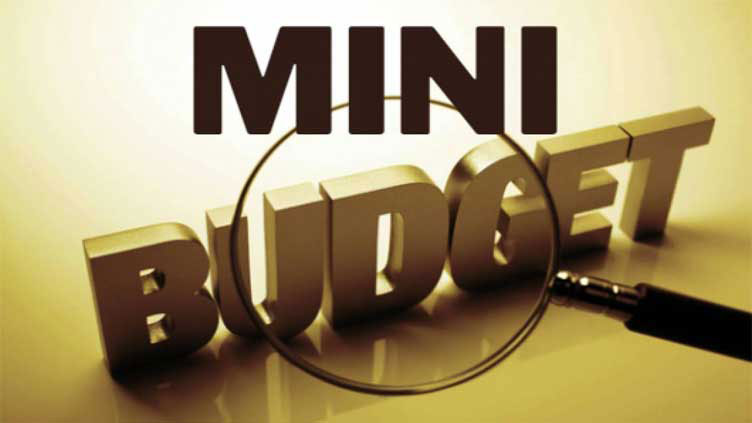The International Monetary Fund (IMF) urges the government to ensure this year’s anticipated primary surplus. In Washington, the lender requests the Federal Board of Revenue (FBR) to enhance tax collection in Punjab. The Punjab government signs a Memorandum of Understanding (MoU) to reduce its expenditure by Rs115 billion.
Islamabad: Disagreements have arisen between the International Monetary Fund (IMF) and Pakistani delegates concerning fiscal data. As the Prime Minister Shehbaz Sharif-led administration has thus far been reluctant to implement additional taxation initiatives through the mini budget for the rest of the current financial year, tensions have surfaced.
The International Monetary Fund (IMF) has suggested revising the budget deficit target downwards, while urging Pakistani authorities to achieve the anticipated primary surplus for the current fiscal year. The IMF has expressed concerns over Punjab’s financial situation, which stems from its inability to generate adequate revenues and control excessive spending.
During the discussion, it was proposed that the Federal Board of Revenue (FBR) should be granted authority to collect taxes in Punjab, and then transfer the collected funds to the province after deducting their collection charges. This would help address Punjab’s financial difficulties.
To improve fiscal federalism, the IMF has recommended revising the National Finance Commission (NFC) Award with the consensus of both the central government and provinces on a medium-term basis. For the time being, the IMF emphasizes full implementation through enhanced coordination with the provinces, including updated Memorandum of Understandings (MoUs) with the federal government, which may assist in guaranteeing their FY24 budget targets.
The Punjab government had committed, through its MoU, to curtail its expenditure by Rs115 billion for the remaining period of current fiscal to achieve the committed surplus associated with the FY24 budget. The provincial governments have agreed to rectify the decade-long accumulation of commodity debts (created by provincial food departments outside the government’s fiscal perimeter) by implementing time-bound plans for the timely retirement of this debt.
However, the IMF has demanded for unveiling simplified tax scheme for retailers but Minister for Finance Muhammad Aurangzeb had to rush for attending another important meeting at the last moment. He could not join the IMF meeting on fiscal front held here on Friday. So, he would have to share the government’s intentions on proposed retailers’ scheme for which the government had already secured powers in the tax law in the last budget for 2024. This scheme does not require any legislative approval of Parliament but the Pakistan Muslim League-Nawaz (PML-N)led regime seems reluctant to slap tax on its political constituency belonging to shopkeepers.
The International Monetary Fund (IMF) presented various forecasts for the past four months (March to June), stating that these were endorsed by the Ministry of Finance. In response, the Federal Board of Revenue (FBR) assured they would achieve their annual tax collection target of Rs9,415 billion, eliminating the need for a mini budget.
Following a rigorous discussion, the IMF requested the FBR to regularly share their monthly targets in a timely manner. If necessary, the IMF would suggest additional taxation measures. The IMF mandated that the FBR must submit April’s collection data to the Fund by May 3, 2024.
The IMF emphasized to the FBR leadership that it is crucial to develop a door-to-door campaign in the four provincial capitals and Islamabad to register non-filing retailers and improve their tax filing procedures. To combat tax evasion, the FBR plans to cross-reference tax filings with electricity meter data and conduct audits as required.
The Federal Board of Revenue (FBR) aims to establish safeguards by closely monitoring assessments under the new scheme through random audits. This will ensure accurate valuations and payments, with minimal discretion given to field offices for alterations. To prevent double taxation, monthly advance tax payments under the scheme will offset year-end income tax liabilities during return filing. However, no refunds for these advance tax payments will be issued.
In addition, the FBR has committed to providing monthly data on agreed performance indicators to the International Monetary Fund (IMF). There is a discrepancy between the IMF’s and Ministry of Finance’s projections regarding the Non-Tax Revenue (NTR) target, indicating a significant gap. The IMF has also highlighted the concern of exceeding expenditures, leading to increasing trends in debt servicing bills and potentially revising the federal government’s budget deficit target closer to 7.9% of the GDP.










